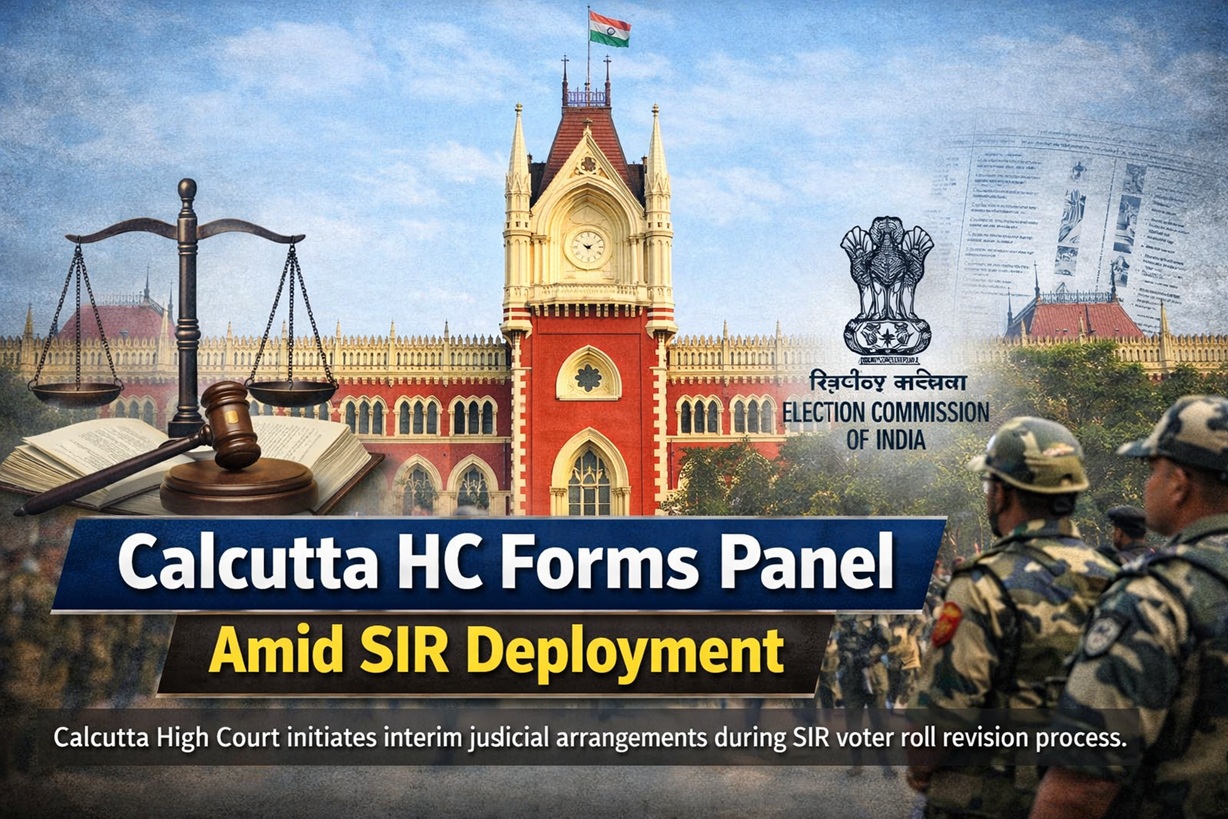In a dramatic escalation of its defence modernization agenda, the Modi government has greenlit a ₹26,968 crore mission to deploy 52 dedicated military satellites—a move set to revolutionize India’s space-based surveillance architecture. This landmark initiative, part of the Space-Based Surveillance (SBS) Programme, marks a decisive shift from traditional border defense to real-time, preemptive threat detection deep inside enemy territory.
️ From Operation Sindoor to Strategic Space Dominance
The seeds of this ambitious plan were sown during Operation Sindoor, when India’s limited access to real-time satellite intelligence exposed critical blind spots in monitoring hostile activity. The SBS programme addresses this shortfall head-on by enabling persistent, 24×7 surveillance over adversarial nations—chiefly China and Pakistan—as well as the strategically vital Indian Ocean Region (IOR).
Why 52 Satellites? A Multi-Layered Strategy Unfolds
1. No More Blind Spots: Shorter Revisit Times
The new constellation will drastically reduce revisit times—how often satellites pass over the same area—allowing near-continuous imaging and detection of enemy troop and asset movements.
2. Two Types, One Mission
Geo-Stationary Satellites (GEO): Hover fixed over strategic zones to offer constant wide-area coverage—akin to a CCTV watching a busy intersection.
Low Earth Orbit Satellites (LEO): Operate closer to the ground, capturing razor-sharp imagery (up to 1-meter resolution)—good enough to spot something as small as a lunchbox on a battlefield.
️ India’s First Military Space Doctrine
In parallel, India is finalizing its first Military Space Doctrine, officially recognizing space as the fourth dimension of warfare alongside land, sea, and air. This doctrine will guide future operations under the command of the Defence Space Agency (DSA)—the nodal body orchestrating integration between satellite intelligence and India’s missile strike capabilities, including weapons like BrahMos.
️ ISRO + Private Sector: A Dual-Thrust Execution Model
ISRO will design and launch 21 satellites.
Three private defense firms (names under wraps) will build the remaining 31, signaling a big leap in India’s space industrial base.
Timeline:
First launch: April 2025
Full deployment: Before 2029
Budget Allocation: Covers satellite development, launches, ground stations, and data processing infrastructure.
Why China and Pakistan Are Nervous
With this constellation in place, India will detect enemy mobilization at its earliest stages—whether it’s a tank regiment near the Line of Actual Control or naval activity in Gwadar.
As Chief of Defence Staff Air Marshal Ashutosh Dixit emphasized:
“The goal is to see deep into enemy territory, not just guard our borders.”
The implications:
No Surprise Attacks: India can respond before a threat materializes.
Permanent Preparedness: Even during peacetime, adversarial moves won’t go unnoticed.
The Bigger Picture: Building an ‘Invincibility Shield’
This isn’t just about satellites—it’s about constructing a multi-domain defense ecosystem that blends space, AI, and defense tech. Some key components include:
High-Altitude Pseudo-Satellites (HAPS): Stratospheric drones that act like mini-satellites with long loiter times.
Economic Upside: Private sector participation boosts indigenous capacity, cuts import dependency, and creates a new defense-tech economy.
Strategic Signaling: In the words of a senior official:“Ab chupke-se kuch nahi hoga.” (“Now, nothing can happen in stealth.”)
The Final Word: India’s New Battlefield Is the Sky
India is no longer preparing to fight the next war—it’s preparing to prevent it altogether. With the deployment of this cutting-edge satellite constellation, the nation is embracing a bold new doctrine where intelligence, foresight, and precision strike capabilities take center stage.
In this emerging era of warfare, India’s defense footprint will extend far beyond its borders—from Himalayan heights to deep-sea corridors, and now, to the final frontier: space. The message is clear: India won’t just defend territory—it will dominate the battlespace of tomorrow.
Reference: https://www.youtube.com/watch?v=9w2Iw4dLXe4
#operationsindoor #satellites #IndiaDefence #SurveillanceSatellites #MakeInIndia #IndianAirForce #IndigenousTech #ISRO #ISR #AkashTeer #IACCS #defencesurveillance #pmcabinet #spacebaseds #SurveillanceSatellites #ISROUpdate #india #military #satellites #robust #intelligence #surveillance #robust #military #dsa #ids #china #pakistan #iaf






